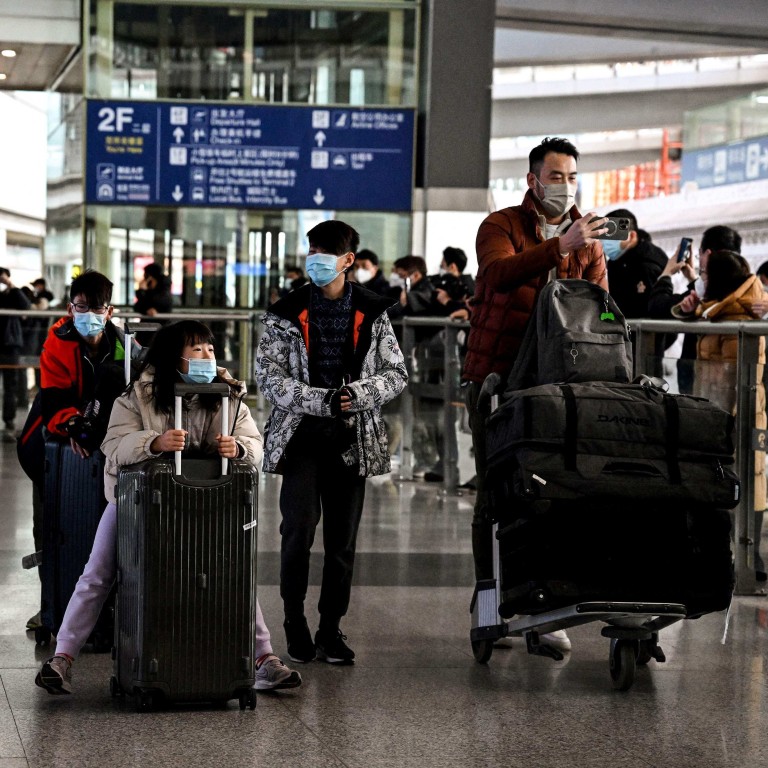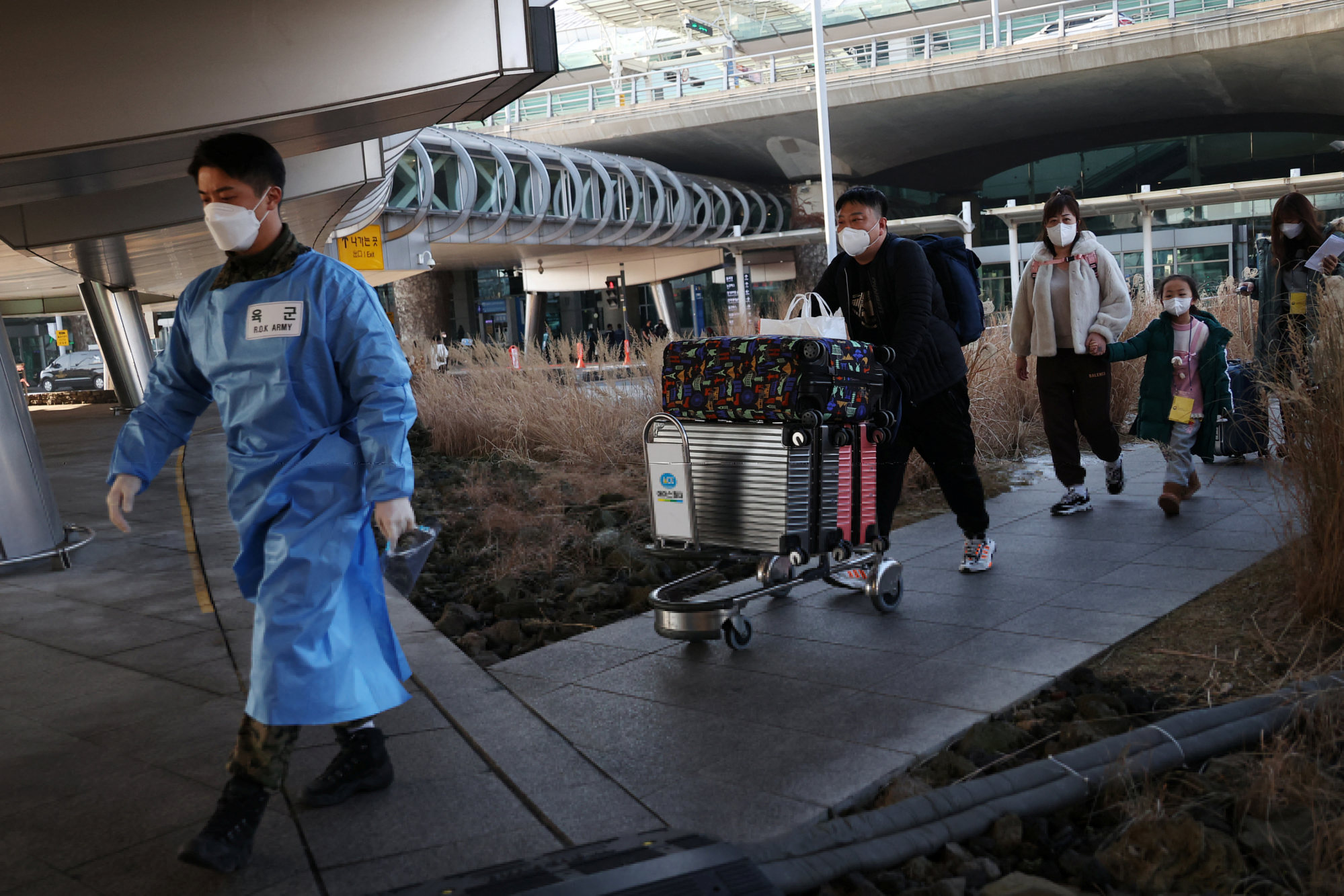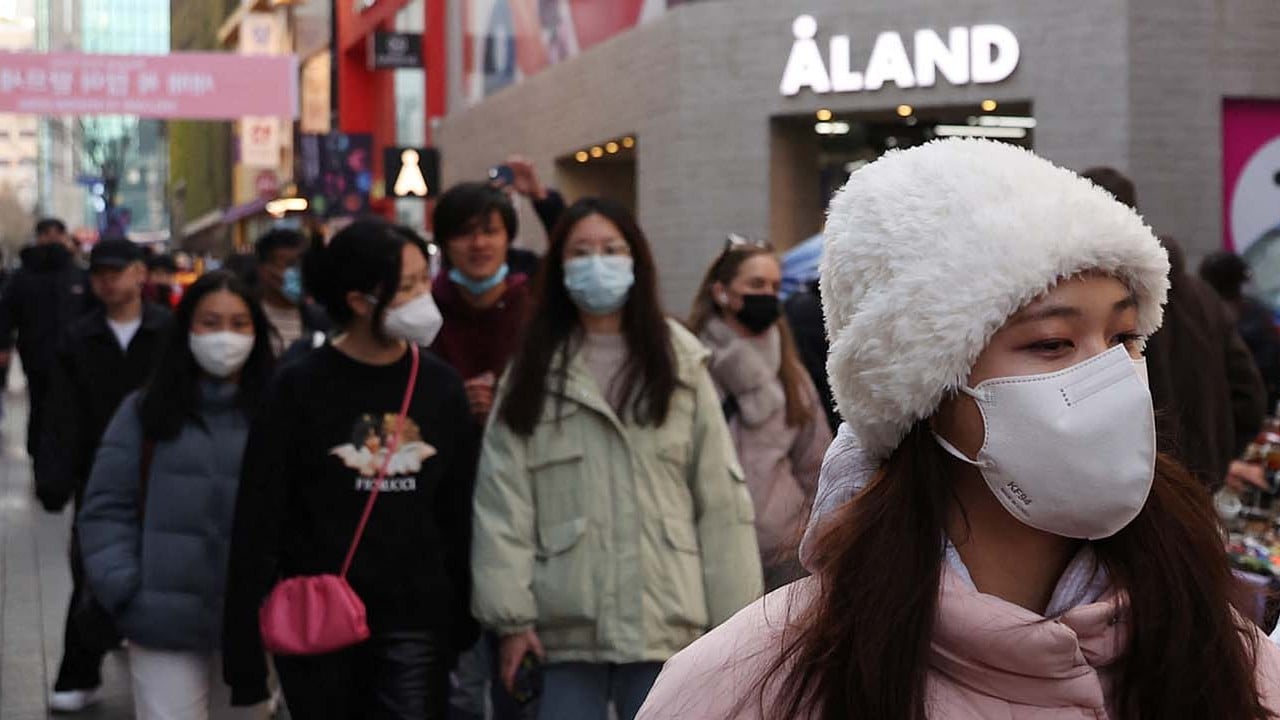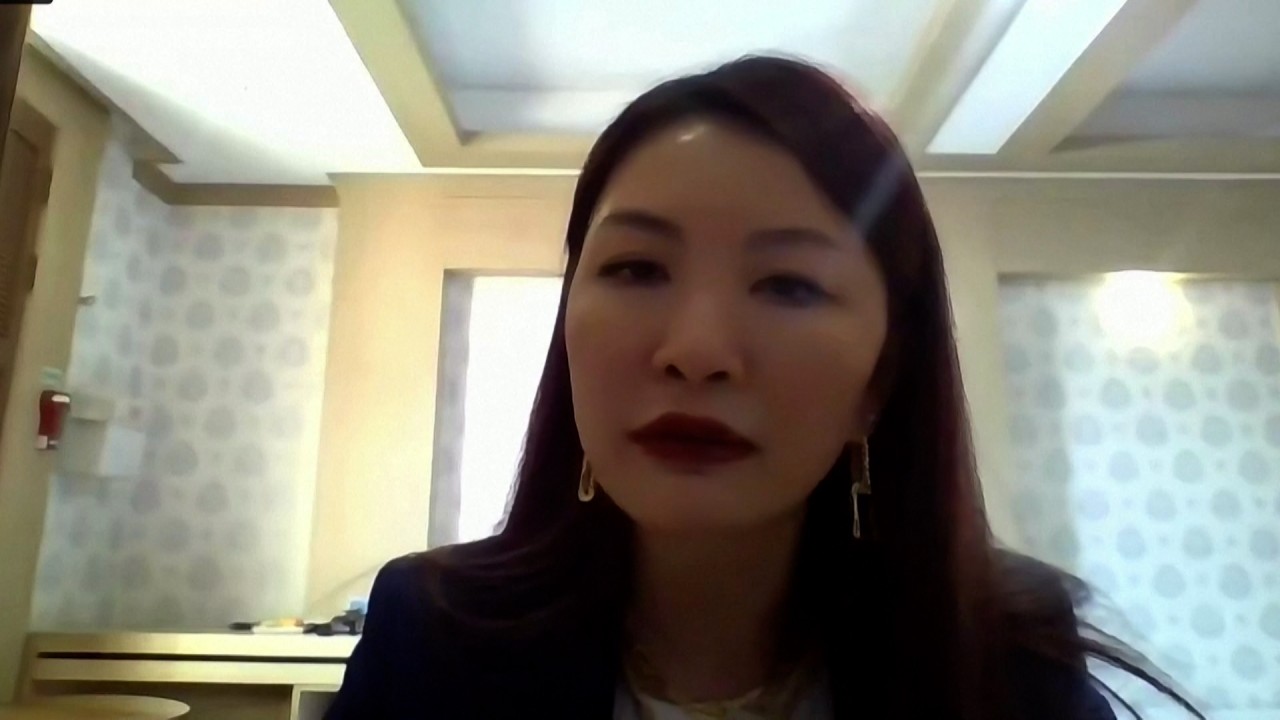
China visa bans over Covid rules spark concern from top European business chambers
- China has warned of more reciprocal measures over Covid-19 entry curbs after suspending short-term visas for visitors from Japan and South Korea
- Move risks ‘preventing China from showcasing fully all it has to offer’ after three pandemic years, European Chamber of Commerce says
“Not only does this [visa suspension] risk leading to heightened geopolitical tensions and an erosion of business confidence, it also risks preventing China from showcasing fully all it has to offer, something which has not been possible over the past three years due to the country’s stringent travel restrictions,” the chamber said in a statement.
Chamber president Joerg Wuttke questioned the move in a separate statement. “While China wants to actually reconnect and rejuvenate business contact, the first thing they do is to shut down again for certain countries,” Wuttke said in a call with the Post.
China lifted most of its domestic “zero-Covid” control measures last month before fully reopening its borders to international arrivals on January 8, scrapping stringent inbound quarantine requirements that had been in place since the pandemic first hit in 2020.
Foreign business chambers in China had long called for the borders to be reopened, citing disruptions to operations because of Covid-19 restrictions.
EU firms in China increasingly worried about impact of ideology on business
But China’s pivot away from zero-Covid – described by some public health experts as abrupt and lacking proper planning – was followed by a rapid surge in infections and over a dozen countries imposed some entry restrictions on travellers from there.
The United States, Canada, Japan and South Korea are among countries to have imposed restrictions on arrivals from China, such as pre-departure negative Covid-19 tests, on-arrival testing or limiting flights.
South Korea has also suspended issuing short-term visas to Chinese travellers until January 31.

Italy, Spain, France, Sweden, the Netherlands and Britain are among European nations that have tightened the rules for passengers for China this month.
In its first such move against what it called “discriminatory measures”, Beijing on Tuesday announced it had suspended issuing some short-term visas for Japanese and South Korean travellers, and warned of more to follow.
China likely to retaliate against more countries over Covid travel curbs
“The fact that travellers to China do not have to quarantine any more is a big step in the right direction and gives German companies a more optimistic outlook for the year ahead,” Jens Hildebrandt, executive director of the North China arm of the German Chamber of Commerce, said.
“After three years of zero-Covid in China, the last thing that we need is new restrictions. Business confidence in China is still fragile – the German business community needs reassurance that international travel will be resumed without restrictions.”
Other foreign chambers in China, including those of the US, UK and South Korea, did not comment on the visa suspensions.
Qin Gang, China’s new foreign minister, defended China’s retaliatory moves against South Korea and Japan as legitimate.
Both Korea and Japan require pre-departure and on-arrival Covid-19 tests for passengers from China, but Tokyo has not suspended issuing short-term visas for Chinese nationals.
“I think Tokyo and Seoul have taken discriminatory, unscientific and excessive measures in dealing with Chinese citizens travelling to Japan and South Korea,” Qin said during a trip to the Ethiopian capital Addis Ababa on Wednesday.
“It has caused difficulties and obstacles in personnel exchanges between the two countries, so we, the Chinese side, have a reason to respond.”
Both Japan and South Korea have defended their decisions to impose entry restrictions over pandemic concerns, with the Korean foreign minister calling Beijing’s move “significantly regrettable”.




